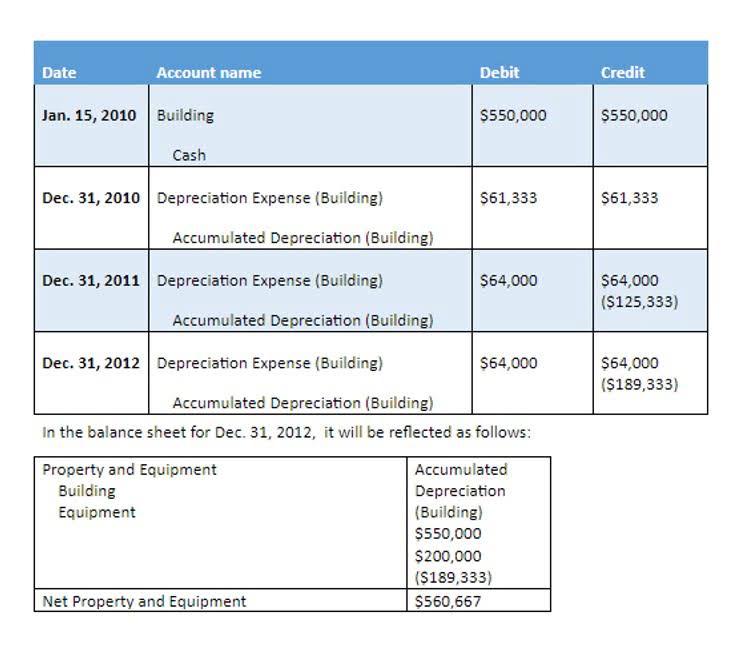Content

Another aspect of marketing is dialing in your brand, which goes hand in hand with the type of clients you want to bring in. Knowing the market and what makes you stand out from other competitors will naturally draw your potential client base to your bookkeeping https://www.bookstime.com/statement-of-retained-earnings-example services. Take time to sit down and write out a business plan– a roadmap of what you’d like your business to look like. This can be as creative as you’d like, and include short-term and long-term goals that you have for your bookkeeping business.
If startups bring in a ton of cash, this metric will help the business see if their finances are treading water or making a profit. The balance sheet statement shows everything that your business owns (assets), owes (liabilities), and the value of the business owner’s investments (owner’s equity). This will show your team these values at specific points in time. Cash basis and accrual basis are the two accounting methods your business will need to choose from to submit your first tax return.
Invoices
Making the financial statements correctly mirror these dashboards is not as simple as it sounds! But, correct accounting relies on more than just data feeds, and our team knows the questions to ask our CEOs for the information needed to produce GAAP revenue. Early-stage companies move quickly, bookkeeping for startups and you need an experienced bookkeeper or accountant to review your books and financial records to make sure that the automated systems haven’t made any errors. There are particular moments when automated systems are likely to introduce mistakes, such as when employee benefits are changed.

We work with one hundred SaaS companies to keep them running smoothly. Bookkeeping, as it turns out, is one of the best online businesses you can start. Once your bookkeeping business is underway, you will have to trust that your system will draw clients to you.
Start your 3-day free trial today!
The best startups use a cloud-based accounting software like QuickBooks Online to do basic bookkeeping, which includes tracking income, expenses, and other financial transactions. They may DIY their books, but should work with a CPA firm to file taxes and ensure state and local tax compliance. VC-backed businesses typically choose to outsource their bookkeeping and tax preparation/compliance to experienced CPA firms. A bookkeeper typically focuses on processing and recording transactions, including things like invoices, receivables, payments, and other essential functions.
- Finally, and very importantly for early-stage, VC-backed companies is that acquirers and investors will want to see GAAP financials.
- There’s no question that keeping records of your business’s tax returns is essential.
- When you’re setting up your business’ accounting, you should also research tax obligations to determine how your choices could impact you when taxes are due.
- Document details of any investments received or loans taken by the startup.
- You’ll also want to make sure that you set up a business bank account to keep your business finances separate from your personal finances.
- Accrual accounting tracks all business transactions, even when cash isn’t involved.
So we don’t recommend that level of complexity for your seed stage model – just the IS and the cash position (maybe working capital or inventory). The specific amount you charge your clients for bookkeeping services will depend on your certifications, years of experience and familiarity with the client’s business. Some popular options include QuickBooks, Xero, FreshBooks and Zoho Books, among others. You can read more about our ratings for various business accounting software here. You should be familiar with more than one software as some of your clients may have a preference in terms of the accounting software that they’d like you to use.
How Do Startups Set up Accounting?
Whether you do the bookkeeping yourself or hire someone to do it, certain elements are fundamental to properly maintaining the books. Some of these elements are done more regularly than others to ensure that the books are always up to date. Other elements are completed at certain time periods as necessary to complete a business task. If you report too little, you could end up with a hefty penalty. If you pay too much, it could take months to get your tax refund—money your business might need to survive. You think that the online store you opened last year to sell hand-knit beanies made a profit.
At that point, it makes more sense for the founders to be 100% focused on growing the business, and let an experienced startup bookkeeper handle the books. Have accounting and bookkeeping practices that are followed weekly and monthly to set your startup up for success. Enter in all data of transactions, reconcile your accounts, and keeping up on accounts receivable are all ways your business will keep up with accuracy and keep cash in the bank. Accounting is deciphering your financial records for everything from paying the right taxes to strategic business decision making. While bookkeeping is there to ensure the process of tracking all financial records is complete. Many small businesses owners choose to do their own bookkeeping, then hire an outside CPA to generate and file their tax returns.
What does a bookkeeper do?
We believe that startups deserve to know what their monthly bookkeeping costs will be, which is why we offer set, recurring packages. The highest end of these packages are suitable for divisions of public companies, startups with multiple locations with complex compliance needs and more. With this type of setup, you will not only have a bookkeeping tool, but also a business management solution. The platform offers a drag-and-drop interface and doesn’t require users to know code of any kind. With these, you can automate customer payments, vendor payments, and accounts payable. And, as it is a document-management-based solution, you will have all you need for bookkeeping.